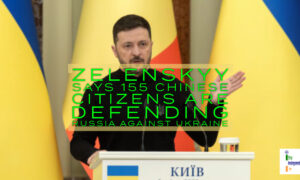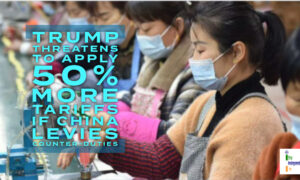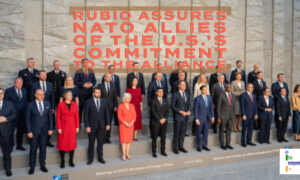
European Fund for Sustainable Development plus has approved € 6.05 billion financial guarantees to support 40 investment programmes
The Operational Board of the European Fund for Sustainable Development plus (EFSD+) has given a positive opinion to € 6.05 billion in financial guarantees to support 40 investment programmes in Sub-Saharan Africa, Latin America and Asia Pacific.
The EFSD+ is a financing tool of Global Gateway, and the financing arm of the European Union’s (E.U.’s) Neighbourhood Development, International Cooperation Instrument (NDICI) – Global Europe. It de-risks investments with budgetary guarantees and thus attracts more private investment to emerging and developing country markets.
The guarantees are expected to generate more than € 50 billion in investments in key sectors of Global Gateway, such as renewable energy, digital infrastructure and climate resilience and health.
The programmes will be implemented by European Financial Institutions, such as the European Investment Bank, the European Bank for Reconstruction and Development, and national development banks. Around 20 financial partners participated in the EFSD+ guarantee programme, of which, 7 were for the first time.
Speaking on the occasion, the European Commissioner for International Partnerships – Jutta Urpilainen said, “The guarantee programmes approved by the EFSD+ Board today will be key to deliver Global Gateway in partner countries and contribute to achieving the Sustainable Development Goals, by crowding in private sector funding. I look forward to working together with European Financial Institutions and our Member states development agencies, as Team Europe, to increase our impact on the ground, particularly in support of sustainable infrastructure as well as developing norms and standards, skills and innovation. These are the building blocks for a more prosperous, greener and fairer world.”
Of the 40 programmes, 12 will focus on connectivity which will support investment in renewable energy, the digital sector and transport. It will contribute to the digital and green transition in our partner countries. Another 17 programmes will focus on MSMEs and will support the private sector and underserved sectors of the formal economy, on the demand side, and financial intermediaries, including banking and non-banking institutions, on the supply side.
6 projects will focus on natural capital to improve food security and nutrition, while protecting and restoring ecosystems, as well as helping ensure access to water and sanitation. It will also strive to address the global food crisis and supply chains disruptions, aggravated by Russia’s invasion of Ukraine. Another 2 programmes are part of human development that will support the health sector, including an initiative to eradicate polio, and enable a variety of social actors to access long-term and affordable financing in support of the development of social infrastructure.
There is also a programme on sustainable finance supporting green investment in partner countries, notably via the E.U. Global Green Bond Initiative that will facilitate the flow of private capital into climate and environmental projects in partner countries. Another 2 programmes will cover sustainable cities and provide long-term and affordable financing for infrastructure-focused operations in sectors such as urban mobility, energy efficient buildings, public lighting, district heating, circular economy and green urban areas.







